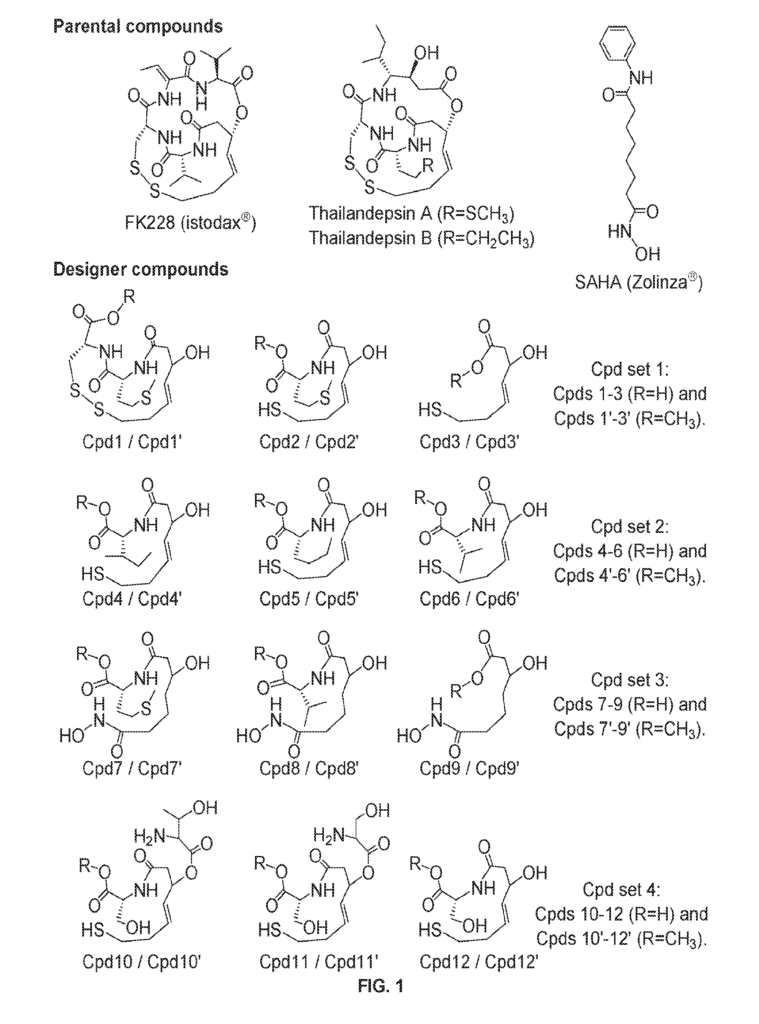Innovative HDAC Inhibitors for Targeted Cancer and Epigenetic Therapy
Introduction
Cancer treatment has evolved significantly, but many therapies still face challenges in targeting cancer cells selectively while sparing healthy tissue. Histone deacetylase (HDAC) inhibitors represent a promising approach, as they regulate gene expression by modifying chromatin structure, offering a powerful tool in the fight against cancer and other diseases driven by epigenetic factors. Our patented HDAC inhibitors introduce an innovative approach to targeting cancer cells by restoring the normal expression of tumor suppressor genes and disrupting cancer cell survival mechanisms. These inhibitors hold the potential to improve cancer treatment outcomes while minimizing side effects.
The Growing Need for Targeted Cancer Therapies
Traditional cancer therapies like chemotherapy and radiation often result in significant collateral damage, affecting healthy cells and causing severe side effects. While targeted therapies are a step in the right direction, many cancer types continue to evade treatment, develop resistance, or require more precision in their molecular targeting. Additionally, emerging research shows that gene expression regulation plays a key role in many diseases, particularly cancers where epigenetic modifications contribute to tumor growth and progression. This highlights the need for therapies that directly target epigenetic mechanisms, offering a more tailored approach to disease management.
Why HDAC Inhibitors are Critical for Future Therapies
Our patented HDAC inhibitors work by altering the acetylation state of histones, leading to changes in gene expression that can restore the function of tumor suppressor genes or inhibit oncogenic pathways. By targeting the epigenetic machinery, these inhibitors provide a more specific, less toxic approach to treating cancer. This technology has the potential to be combined with other cancer therapies, such as immunotherapy, enhancing their effectiveness while reducing overall toxicity.
Moreover, the inhibitors’ ability to affect gene expression extends beyond oncology, making them valuable in treating neurological disorders, autoimmune diseases, and other conditions linked to gene regulation abnormalities.
Key Benefits of Licensing This Technology
- Targeted Epigenetic Therapy: These HDAC inhibitors selectively modify gene expression, offering a precise and less toxic alternative to traditional cancer treatments.
- Broad Therapeutic Potential: Beyond oncology, this technology may be applied to neurological, autoimmune, and other epigenetically driven diseases.
- Combination Therapy: Can be paired with existing treatments like chemotherapy or immunotherapy to enhance efficacy and reduce side effects.
- Novel Mechanism of Action: Targets the root cause of disease progression by regulating gene expression, addressing unmet needs in cancer therapy.
Unlocking New Potential in Cancer Treatment and Beyond
Licensing this HDAC inhibitor technology provides pharmaceutical companies with the opportunity to lead in the development of next-generation cancer therapies and epigenetic treatments. Its broad therapeutic potential, combined with its precision in gene expression regulation, opens the door to significant advances in cancer treatment and beyond.

- Abstract
- Claims
Share
Title
Novel hdac inhibitors and methods of treatment using the same
Inventor(s)
Yi-Qiang Cheng, M. Mahmun Hossain, Douglas Steeber, Karyn Frick, Steven Clark, Joseph Ulicki
Assignee(s)
UWM Research Foundation Inc
Patent #
20180258135
Patent Date
September 13, 2018











